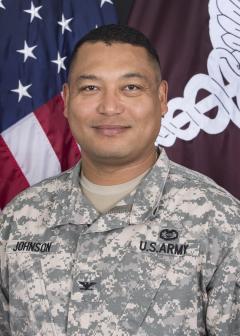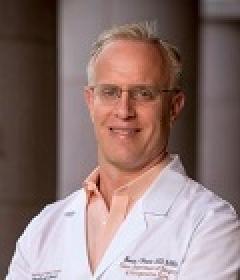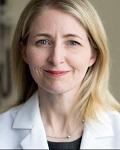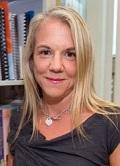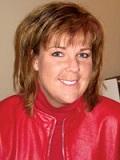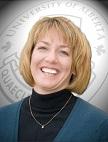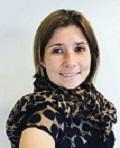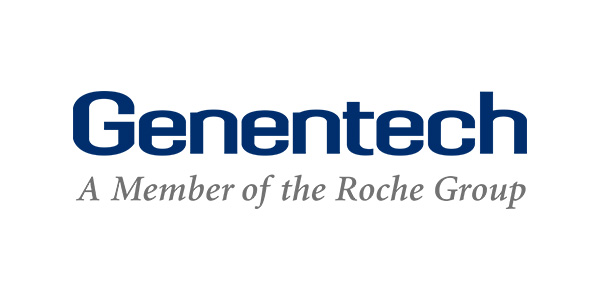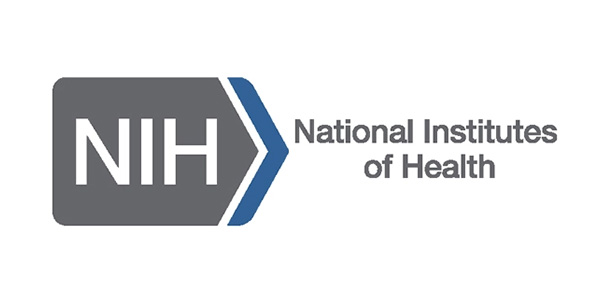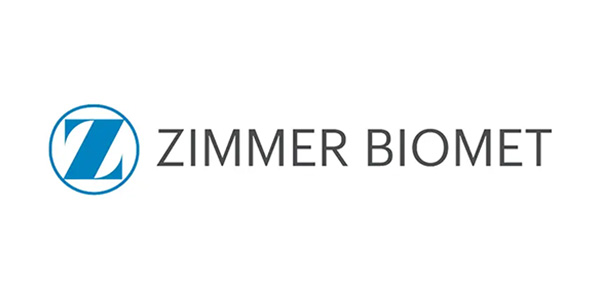COL Anthony E. Johnson, MD
“Prior to participation in the USBJI YII Workshop, my total grant funding was $25,000. Within 2 years of completion of the program, my extra-mural grant funding was $12 Million and now it is $22.3 Million. Furthermore, I have used the lessons learned from the program to implement a grant writing didactic program for my GME and AHEC programs with $286,000 in funding for extra-mural grants with resident PIs and my Department has over $53 Million in extra-mural grants. I am truly grateful for the education and mentorship provided in the USBJI workshop.”
“The USBJD Young Investigator Program has been incredibly valuable to me in achieving my goal of becoming an independently funded Health Services Researcher. The didactic sessions, the one-on-one mentoring, and the networking opportunities gave me the unique opportunity to interact with an experienced group of musculoskeletal scientists and clinician-researchers who have successfully navigated the federal funding process.
The benefits to my career have been real and tangible; as a direct result of my participation in this program, I was able to turn an unfunded research grant with a solid score into a funded OREF Career Development Award. I highly recommend the USBJD Young Investigators Program to aspiring clinician-scientists who are interested in pursuing a career in musculoskeletal research."
Victoria K. Shanmugam, MD
“The YII program is unique in that it brings together junior investigators from rheumatology and other disciplines focused on musculoskeletal diseases, and pairs them with senior mentors within and outside of their field. The cross disciplinary interaction afforded by this program provides invaluable feedback for junior clinician-scientists.” <
Jennifer Stinson, RN, PhD, CPNP
“During my post-doctoral studies I had the wonderful opportunity to participate in the United States Bone and Joint Decade Young Investigator Initiative. This innovative program is aimed at building research capacity in basic science and clinical musculoskeletal research by combining workshops on grant writing and career development with the addition of ongoing mentoring from cutting edge MSK researchers to ensure successfully grant applications and career development as new investigators.
This program was especially helpful for me as I embarked upon carving out a position as a Nurse Clinician Scientist at the Hospital for Sick Children in Toronto with a focus on pain in children with MSK conditions. As one of the few nurse clinician scientists in Canada this program was extremely helpful for me in not only learning about how to write grants for both Canadian (CIHR) and US granting agencies (NIH) but the importance of finding mentors that can coach you along the way. The program enabled me to learn how to write more effectively and to develop a network of collaborators for my research studies in Canada and the United States. To that end, this program provided me the mentorship that allowed me to hone my grant writing skills that resulted in funding from both CIHR and NIH to evaluate the effectiveness of online self-management and transitional care programs for youth with chronic arthritis. I could not have done this without the support of this training program which has helped to ensure that I will be successful in my new role as a nurse scientist.”
“This program afforded me unique opportunities that have not been available to me in any other capacity. The mentorship program allowed me to personally meet with senior level scientists and clinicians who shared their experience and knowledge in a way that has been extremely valuable to my career development. I was afforded the opportunity to work closely with 4 different mentors, people that I would see or hear speak at a conference, but would otherwise not likely have the chance to spend time with in a mentorship capacity.
The second unique aspect of the YII program is the opportunity to meet with other new investigators from institutions across Canada and the United States to share ideas, experiences and knowledge about challenges facing new investigators and developing areas of research. This collaborative and supportive environment affords networking opportunities that are invaluable.”
“I was delighted to be a part of the YII - in fact I have recommended it to several colleagues at the University of Alberta. Through the YII, I developed an ongoing mentorship with an internationally renowned hip fracture researcher, Jay Magaziner - we continue to collaborate 4 years after the YII.
I received a 7yr salary support award (total amount $770k) as a Population Health Investigator funded through the Alberta Heritage Foundation for Medical Research. In addition, I also received an operating grant for the research proposal submitted with the candidate application ($325K). I feel that the mentorship that I received from Drs. Magaziner, Bhandari and Beaton through the YII was absolutely instrumental in my success. In fact, Dr. Magaziner is a co-investigator on the operating grant.
I found the YII to be a really motivating experience as I had the opportunity to work with experienced MSK researchers who provided very important (and often very practical) insights into obtaining successful grant funding and setting up collaborative work. It was very rewarding to see experienced researchers who were still passionate and enthusiastic about their work, even as experienced and senior investigators.”
Dr. Aslibekyan is an Assistant Professor at the University of Alabama at Birmingham. She is a genetic epidemiologist who wrangles high-dimensional –omics data– including but not limited to genomics, epigenomics, metabolomics, and transcriptomics - to produce novel insights into chronic disease pathogenesis.
“One of the most valuable lessons of the USBJI workshop was the mock study section. In the current funding climate, which is both competitive and unpredictable, the chase for grants is easily the biggest source of stress for junior investigators. Prior to the workshop, I had successfully competed for an American Heart Association grant, and I was skeptical about submitting that already funded application for discussion during the mock section—after all, it had already been funded. But the best part of the experience wasn’t the specific feedback on my application, although that did come in handy in subsequent applications; it was the lifting of the study section veil, the specific explanations of the peer review process and the evaluation criteria, and the ensuing sense of peace about this inherently uncertain process. Currently, I am keeping my fingers crossed on my K01 application to the NIH, which received a fundable score on first submission. This project will enable me to integrate whole genome sequencing data with high-resolution methylation measurements and metabolomic phenotypes in a large cohort to identify novel determinants of lipoprotein metabolism, all while staying at the cutting edge of ‘big data’ methodology.
Interestingly, it was the non-academic piece of USBJI mentoring that stuck with me the deepest. I attended the second workshop with a three-month old baby (my second one!), shrouded in a postpartum fog and stressed out of my mind about being able to “have it all.” One of my USBJI mentors, a senior investigator who herself has raised a family while navigating the academic path, provided some grounding guidance: it’s impossible to “have it all” while doing it all. She assured me that there was no shame in delegating, in prioritizing, in saying no to projects; all of those were counterintuitive concepts for someone so keen to prove her worth as a woman in the male-dominated “big data” field. With my mentor’s encouragement, my beliefs about the work-life balance shifted in a way that improved my quality of life, and much to my surprise, my productivity did not suffer. I have not yet figured out how to “have it all,” and I likely never will, especially given the social and economic realities facing women in science. But thanks to USBJI, I now have the tools to tackle these hurdles with confidence."
